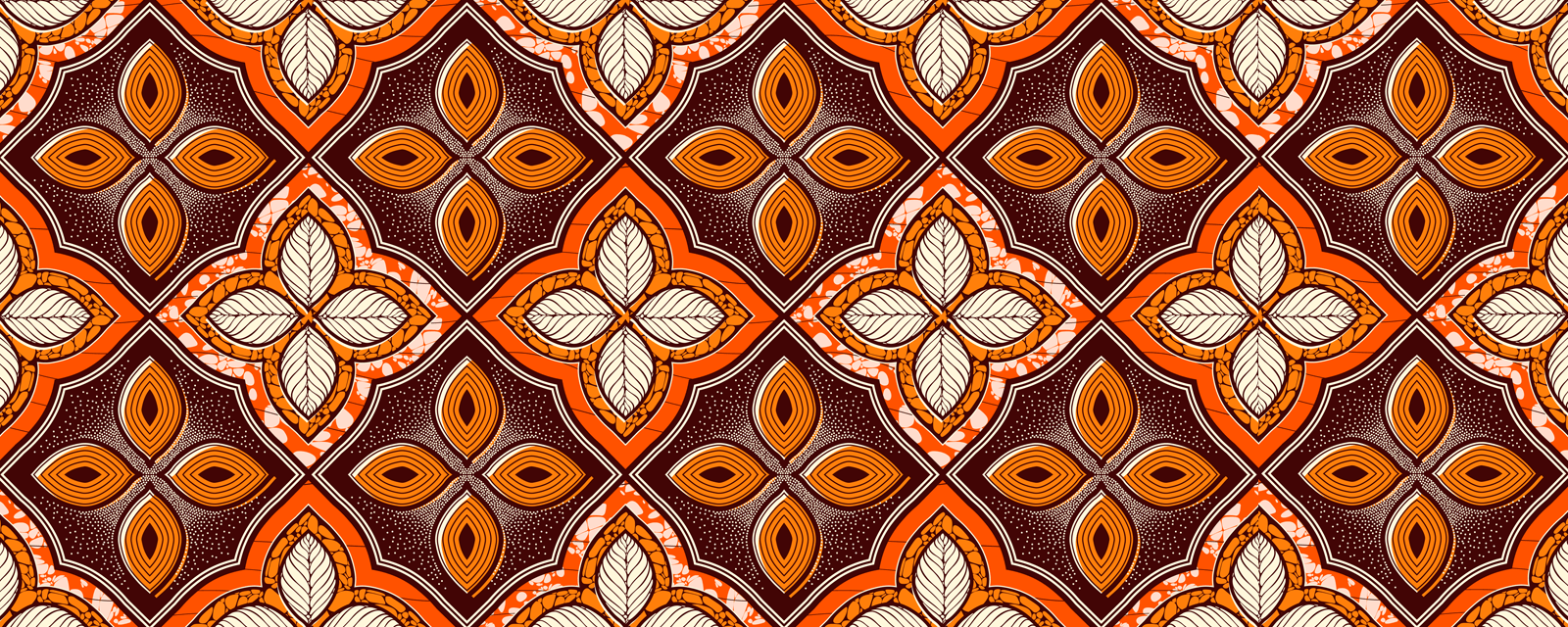A previous poem for the Yorùbá trickster god Èṣù, or Eshu (see Eshu, God of Fate), describes him as a deity who loves disrupting the laws of probability and creating impossible contradictions of time and space.
As an Òrìṣà who crosses boundaries, his shrines are usually located at crossroads and at the entrances to homes. Another important station for Èṣù is the marketplace.
Shrines for Èṣù (often a chunk of rock embedded in the ground to which offerings of palm oil or kola nuts are made) have historically been found at the entrance of marketplaces in Yorùbáland where they are known as eshuoja.
Oríkì (praise poems) collected by the ethnographer and Babaláwo (Yorùbá priest of Ifá) Pierre Verger describes Èṣù’s activities in the market.
Eshu quickly makes himself master of the market place.
He buys without paying.
He causes nothing to be bought or sold at the market until nightfall.
Pierre Verger,
Notes sur le Culte des Orisa et Vodun
Dakar, I.F.A.N (1957)
The marketplace is a busy, often confusing and noisy place where elements of deceit may accompany the sales-pitch of traders and goods may not turn out to be what they initially seemed. It is a place where fortunes can be rapidly made or lost and where chaos and order maintain a fragile balance. This makes the marketplace a natural home for Èṣù and a fitting environment for sacrifices and offerings to be made to win his favour.
John Pemberton describes an annual Èṣù festival, Odun Elegba, held to honor the god at Ila Orangun in Yorùbáland, Nigeria in 1974. The festival which takes place in late December or early January lasts seventeen days, and after six days of offerings and sacrifices being made to the Òrìṣà at one shrine, the figure is carried to the shrine at the kings market (The principal market of Yorùbá towns have usually been located across from the kings palace and so become known as the “Kings Market”).
As the figure of Èṣù is carried to the kings market the Èṣù priestesses and the bata drummers sing the following Oríkì:
People of the market, clear the way!
We are coming through the market gate.
My Lord is coming to the market.
My husband, I have arrived.
Laroye, I have arrived. (1)
Baraye, Baraye, Baraye! (2)
Laroye appears like a graceful crown.
Eshu do not deceive and harm me; deceive another. (3)
Latopa, bless me. Eshu, bless me. (4)
Bara, bless me. Eshu bless me.
All reverence to you, Latopa.
All reverence to you, Bara.
Laroye comes, Eshu comes.
All reverence to you Lalupon.
All reverence to you Bara.
We are glad that Eshu’s festival has come.
Eshu, do not harm me.
Eshu, do not harm me.
from Eshu-Elegba: The Yorùbá Trickster God,
by John Pemberton,
African Arts (October 1975), Vol. IX No. 1
Footnotes
- Laroye: Another praise name for Èṣù.
- Baraye: A greeting that can be said to mean welcome.
- Whilst Èṣù delights in confusing and deceiving those who do not acknowledge him, he does not deceive those who worship him.
- Latopa: Another praise name for Èṣù.

